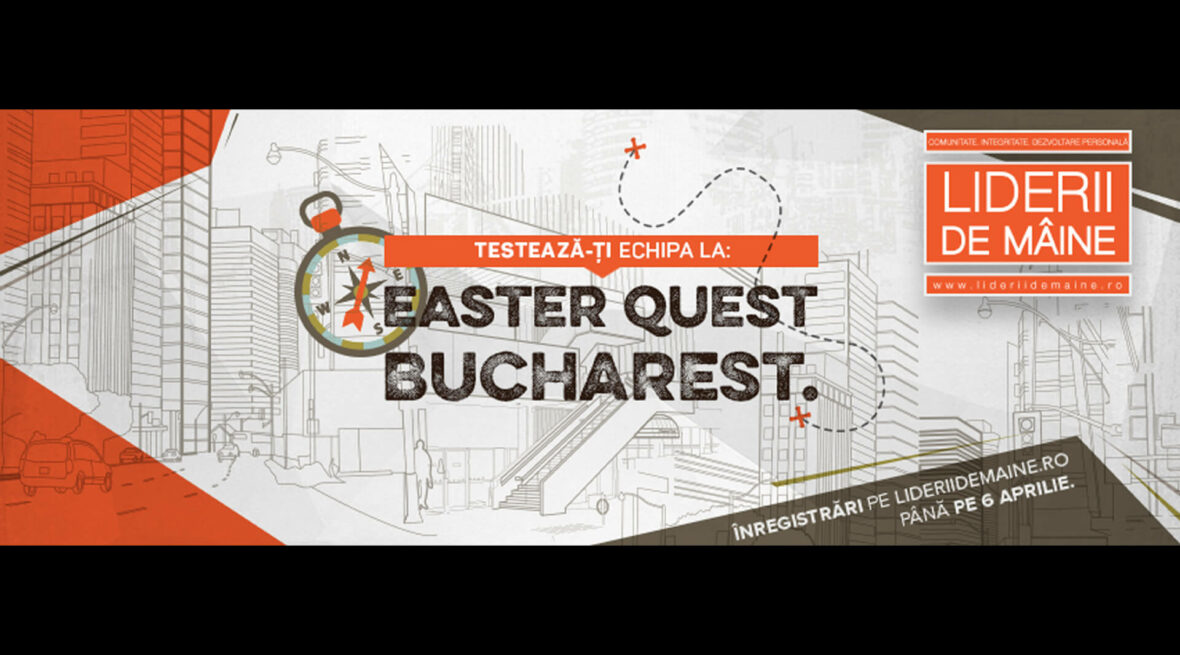It was Tuesday morning, two weeks before Easter. As I was getting ready to start the day I did what I always do (and shouldn’t): check out Facebook. Clicked on this post from Indigitous that showed up on my feed and read about gaming for ministry.
I learned that ’gaming’ is when it’s designed to be fun and I try to sneak in teaching;” “’Gamification’ is when it’s designed to teach and I try to make it fun.’” I also learned that “any games that are designed for evangelism need to be fun, because playing a game simply for the sake of learning isn’t something most people want to do.”
We were just thinking about the Easter event at that time. As students are more open to talk about God at this time of the year, it’s always a good idea to have an outreach. But just because it’s a good idea doesn’t mean the students will actually show up for the event, especially the non-believers.
So that’s why the concept of gaming proved to be very useful. We thought, instead of just inviting people to a meeting about Easter, why not design a game that will help them discover the meaning of Easter and of course have fun while they play it? Why not make an Easter hunt but in an urban style?
So one of my teammates ran with the idea and found 7 buildings in the city of Bucharest that were used to represent a concept related to Easter, like sacrifice, justice, love, new life, and so on. Then we wrote clues that would lead the students to each of them.
We started advertising the event on our social networks online and offline just 4 days before the event. Boom! 13 teams signed up for the quest, more than 60 people total. They ran like crazy in downtown Bucharest for 3 hours and then they stopped by our office for the meeting called “Why do we love Easter?” We called it the Easter event that took 5 hours. They loved the game and stayed for the Gospel presentation, food and fellowship. The main question everyone was asking was this: When we will do the next one?
